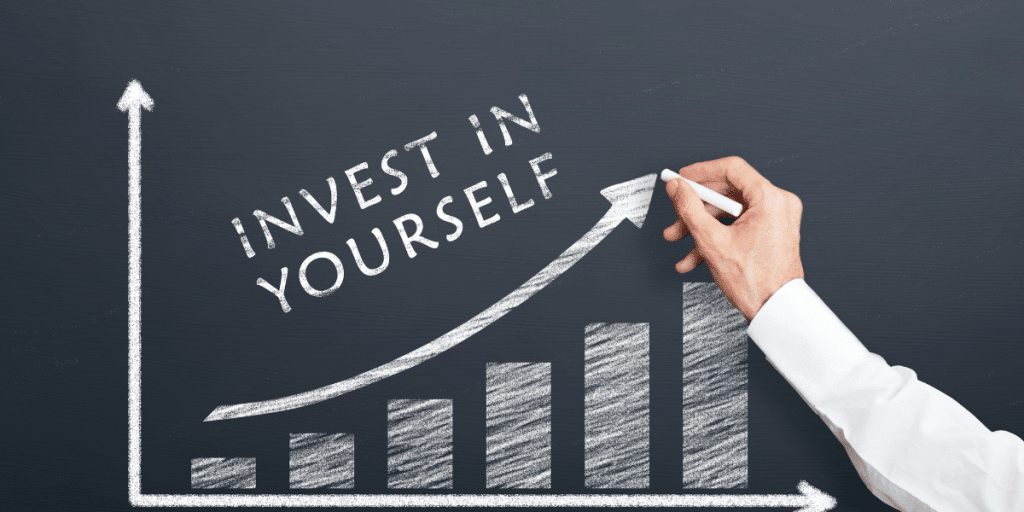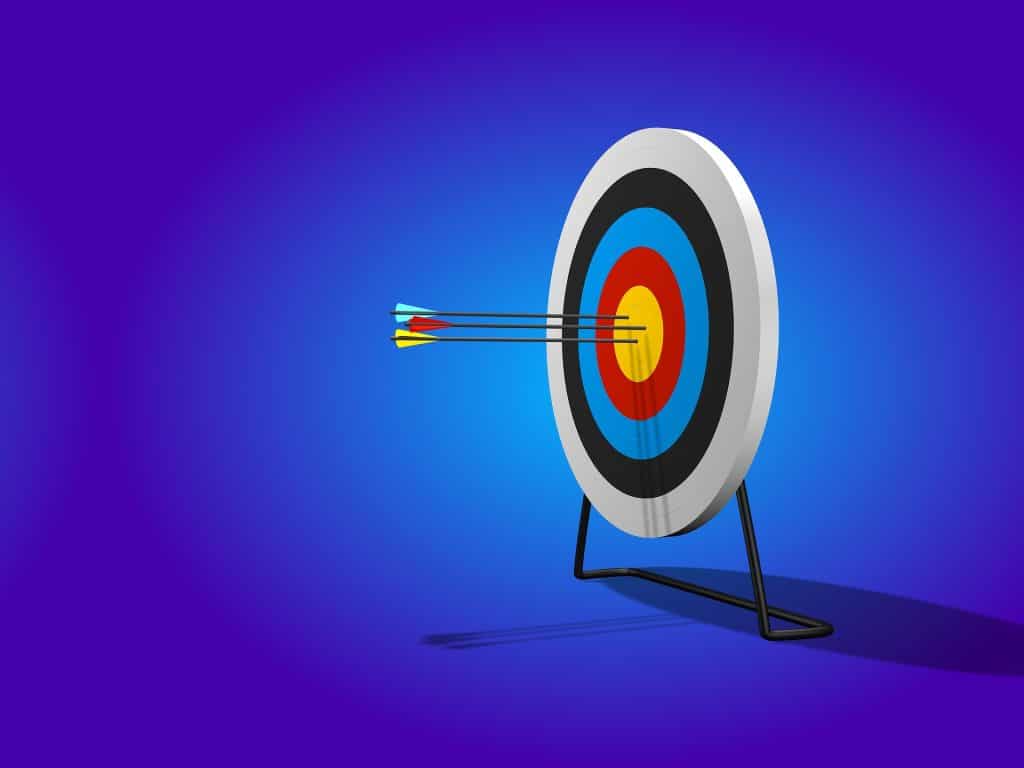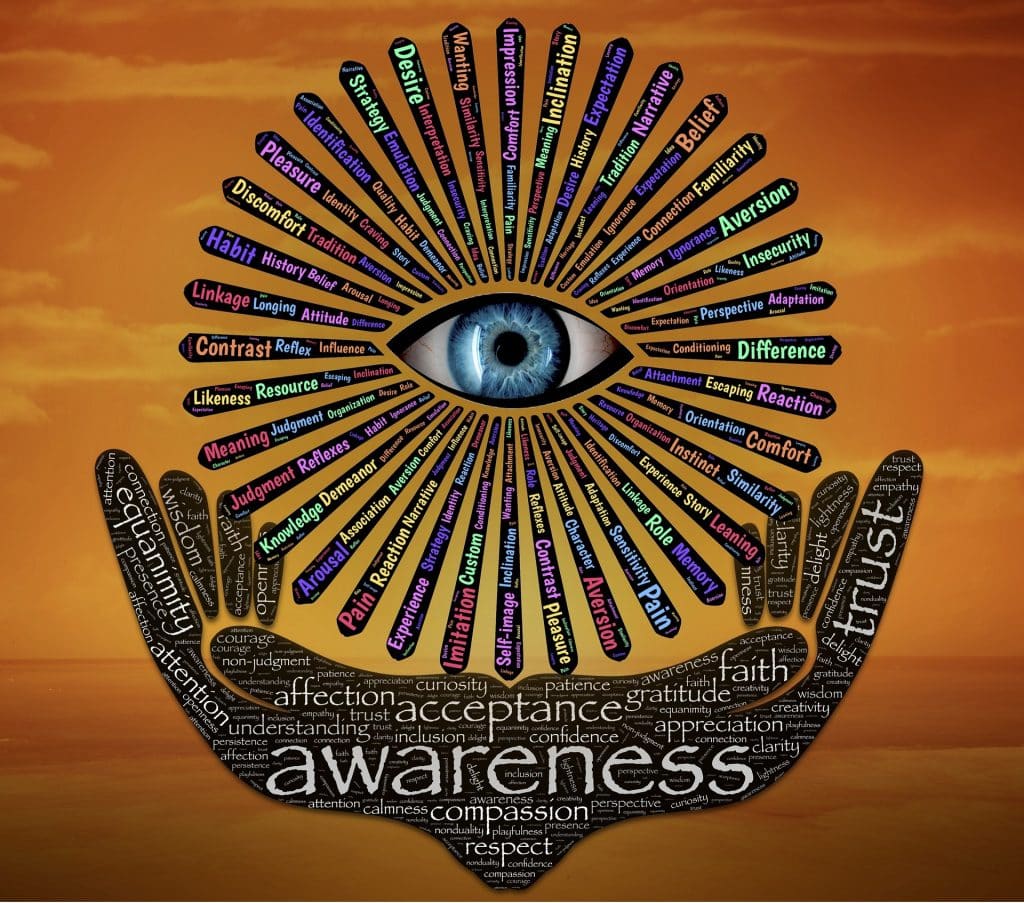Introduction to self-development activities
Self-development activities are essential tools for one’s personal growth and enhancement of life skills. These activities are designed to help individuals understand themselves better, unlock their potential, and improve various aspects of their lives. In a fast-paced world that often feels like it’s spinning out of control, taking the time to focus on personal development has never been more critical.
Engaging in self-development activities is a journey of self-discovery that allows individuals to explore their interests, strengths, weaknesses, and passions. It’s a deliberate choice to invest time and effort into one’s improvement, which can lead to greater self-awareness, increased confidence, and a more fulfilling life. Whether it’s learning a new skill, enhancing social relationships, or improving mental and physical well-being, self-development is a lifelong process that requires commitment and perseverance.
These activities aren’t just for those who feel lost or at a crossroads; everyone can benefit from the continuous journey of self-improvement. By committing to self-development, individuals can keep their lives aligned with their values and goals, ensuring they live authentically and purposefully. Let’s delve into the significance of these activities and how they can transform lives.
The importance of self-development
The pursuit of self-development is more than just a means to an end; it is an ongoing process that contributes significantly to one’s quality of life. Engaging in self-development activities can lead to personal fulfilment and happiness, as they often result in a deeper understanding of oneself and one’s purpose in the world. This process can help to cultivate resilience, allowing individuals to adapt to changes and overcome challenges more effectively.
Moreover, self-development is instrumental in enhancing one’s professional life. It encourages continuous learning and skill improvement, which are vital in today’s ever-evolving job market. By staying committed to personal growth, individuals can stay relevant and competitive in their careers, open up new opportunities for advancement, and achieve greater job satisfaction.
Another crucial aspect of self-development is its impact on relationships. As individuals work on themselves, they often develop better communication skills, greater empathy, and a more profound capacity for connection. These improvements can lead to stronger and more meaningful relationships with family, friends, and colleagues. Now, let’s explore how to set meaningful goals to guide one’s personal growth journey.
Setting goals for personal growth
Goal setting is a fundamental part of self-development. It provides direction and purpose, helping individuals to focus their efforts and measure their progress. However, setting effective goals for personal growth is not always straightforward. It requires self-awareness and a realistic assessment of one’s abilities and desires.
The most effective goals are specific, measurable, achievable, relevant, and time-bound (SMART). They challenge individuals to step out of their comfort zones while still being attainable with effort and dedication. It’s also important to set goals that are aligned with one’s values and long-term vision, as this ensures that the path of self-development is both meaningful and fulfilling.
In the process of setting goals, individuals should also consider the various domains of their lives, such as career, health, relationships, and personal interests. By setting goals across different areas, one can ensure a balanced approach to self-development that promotes overall well-being. Let’s now look at self-reflection exercises, which are key to understanding where one currently stands and where they aspire to be.
Self-reflection exercises
Self-reflection is a crucial aspect of self-development, as it allows individuals to look inward and assess their thoughts, emotions, and behaviours. Engaging in self-reflection exercises can help to identify areas for improvement and clarify one’s values and goals. These exercises come in various forms, including guided meditations, thought-provoking questions, and self-assessment tools.
One powerful self-reflection exercise is to regularly ask oneself questions about personal experiences, such as “What did I learn from this situation?” or “How could I have handled that differently?” This can lead to valuable insights and encourage a growth mindset. Another exercise involves reviewing and evaluating one’s goals, which helps to maintain focus and motivation on the self-development journey.
It’s also beneficial to reflect on one’s accomplishments and challenges. Acknowledging achievements provides a sense of progress and boosts self-esteem, while understanding setbacks can foster resilience and adaptability. Regular self-reflection ensures that individuals remain aligned with their core values and are making conscious decisions that lead to personal growth. Next, we will explore how journaling can be an effective tool for self-discovery.
Journaling for self-discovery
Journaling is a potent self-development activity that can lead to profound self-discovery. Writing down thoughts, feelings, and experiences helps to process emotions, clarify thoughts, and uncover patterns in behaviour. Journaling provides a private space where individuals can engage in honest self-expression without fear of judgement.
One of the benefits of journaling is that it can serve as a form of self-therapy, helping individuals to work through complex emotions and experiences. By regularly putting pen to paper, one can develop a deeper understanding of themselves and their reactions to life’s challenges. Journaling can also be a creative outlet, allowing individuals to explore their imagination and express their creativity.
To get the most out of journaling, it’s important to make it a regular practice. Whether it’s daily or a few times a week, setting aside dedicated time to write can establish journaling as a valuable part of one’s self-development routine. Over time, individuals can look back on their journals to see how they have grown and evolved, providing further motivation to continue on their personal growth journey. Now, let’s turn our attention to meditation and mindfulness practices that can enhance one’s self-development efforts.
Meditation and mindfulness practices

Meditation and mindfulness practices are essential components of a well-rounded self-development regime. These practices help individuals to cultivate a state of present-moment awareness, leading to greater mental clarity, reduced stress, and improved emotional regulation. By incorporating meditation and mindfulness into one’s daily routine, individuals can experience a profound shift in their approach to life.
Meditation can take many forms, from guided visualizations to silent, seated practices. The key is to find a method that resonates with the individual and to practice consistently. Even just a few minutes of meditation each day can yield significant benefits, including increased focus, better sleep, and a heightened sense of inner peace.
Mindfulness, on the other hand, is about maintaining a moment-by-moment awareness of one’s thoughts, feelings, bodily sensations, and surrounding environment. It can be practiced throughout the day by paying attention to simple activities like eating, walking, or breathing. This heightened awareness can lead to a more attentive and deliberate way of living, enhancing one’s overall quality of life. Next, we will discuss the role of reading and learning in self-development.
Reading and learning as self-development activities
Reading and learning are vital self-development activities for those seeking to expand their knowledge and skills. Engaging with a wide range of literature, from self-help books to fiction, can provide new perspectives and stimulate critical thinking. Continuous learning, whether through formal education or self-directed study, keeps the mind sharp and opens up new opportunities for personal and professional growth.
In today’s digital age, there are countless resources available for learning, including online courses, webinars, and podcasts. Taking advantage of these resources allows individuals to learn at their own pace and in a way that suits their lifestyle. It’s also important to apply the knowledge gained, as this cements understanding and leads to practical improvements in one’s life.
Learning new skills can also be incredibly rewarding and can contribute to a sense of accomplishment. Whether it’s learning a new language, mastering a musical instrument, or acquiring technical skills, the process of learning can boost self-confidence and provide a sense of progress in one’s self-development journey. Now, let’s examine how physical activities contribute to personal growth.
Physical activities for personal growth

Physical activities are a cornerstone of personal growth, as they contribute to both mental and physical well-being. Regular exercise not only improves physical health but also has a positive impact on mental health, reducing symptoms of anxiety and depression. By engaging in physical activities, individuals can build strength, endurance, and flexibility, which in turn can enhance their overall sense of vitality.
Physical activities can also be a platform for setting and achieving goals, which is a motivating factor in self-development. Whether it’s completing a 5k run, mastering a yoga pose, or lifting a personal best weight, these achievements reinforce the idea that individuals are capable of growth and progress. Additionally, physical activities often involve learning new skills and techniques, which can be both challenging and fulfilling.
It’s essential to find physical activities that are enjoyable and sustainable in the long term. This could be anything from dancing to rock climbing, swimming to cycling. When individuals enjoy the activities they are doing, they are more likely to stick with them and reap the long-term benefits for their personal growth. With that in mind, let’s move on to the importance of building a support network for self-development.
Building a support network for self-development
A support network is invaluable for anyone engaging in self-development activities. Having a circle of friends, family, mentors, or peers who encourage and motivate can make a significant difference in one’s personal growth journey. A support network provides accountability, inspiration, and a sense of community, which can be especially helpful during challenging times.
Mentors and coaches can offer guidance, share their experiences, and provide constructive feedback, helping individuals to navigate their path with greater clarity. Support groups, whether in-person or online, can also be a source of encouragement and a place to share successes and setbacks with others who understand the process of self-improvement.
Building and maintaining a support network requires effort and openness. It’s important to be proactive in seeking out relationships that are supportive of one’s self-development goals. It’s equally important to give back to the network by offering support to others, thus creating a positive and mutually beneficial environment for growth. With a strong support network in place, implementing self-development activities in daily life becomes much more manageable.
Implementing self-development activities in daily life
Incorporating self-development activities into daily life is key to experiencing their transformative effects. This requires intentional planning and the creation of habits that support personal growth. Establishing routines, such as morning meditations or evening journaling sessions, can help to ensure that self-development activities become a consistent part of one’s life.
Time management plays a crucial role in implementing these activities. It’s important to prioritize self-development and to make time for it, just as one would for any other important commitment. This may involve saying no to certain demands on one’s time or re-evaluating how time is spent to make room for personal growth pursuits.
It’s also beneficial to integrate self-development activities into existing routines. For example, listening to educational podcasts during a commute or practicing mindfulness during a lunch break can make the most of available time. By weaving self-development activities into the fabric of daily life, individuals can ensure that they are continuously working towards their personal growth goals. Now, let’s conclude by embracing the power of self-development.
Conclusion: Embracing the power of self-development
Embracing the power of self-development is about recognizing that personal growth is an ongoing, lifelong process. It’s about committing to the journey, celebrating the milestones, and learning from the challenges along the way. By engaging in self-development activities, individuals can transform their lives, unlocking their potential and achieving a greater sense of purpose and fulfilment.
The power of self-development lies in its ability to inspire change, foster resilience, and create a more meaningful existence. As individuals embark on this journey, they discover that the pursuit of self-improvement not only enhances their own lives but also positively impacts those around them. In the end, self-development is about becoming the best version of oneself and living life to its fullest potential.
So, take the first step today: choose a self-development activity that resonates with you and make it a part of your daily routine. Remember, the journey of a thousand miles begins with a single step. Embrace the power of self-development and watch as your life transforms before your eyes.










